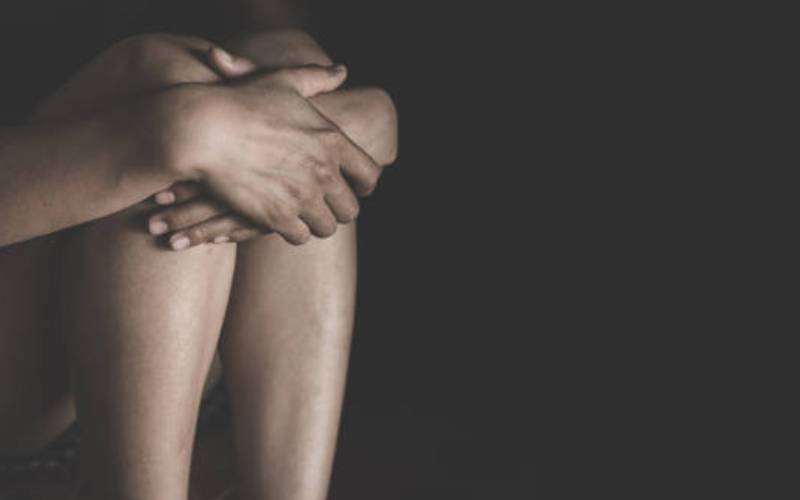×
The Standard e-Paper
Home To Bold Columnists

When the government imposed movement restrictions during Covid-19, requiring people not to leave select counties or even their houses at night, many people in need of crucial services, such as medical care, could not access them.
Increased transportation costs and curfew imposition led to sex offenders, alongside other perpetrators of gender-based violence (GBV), often escaping punishment.